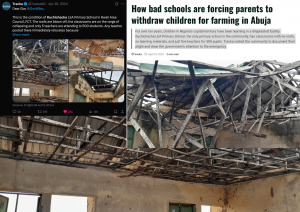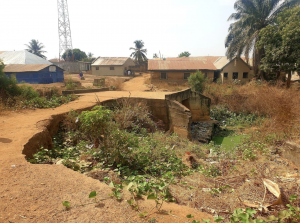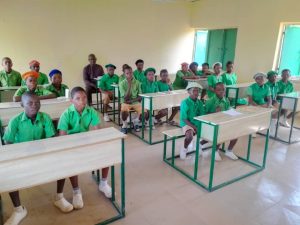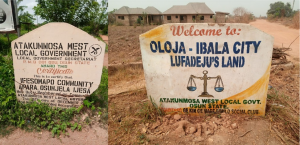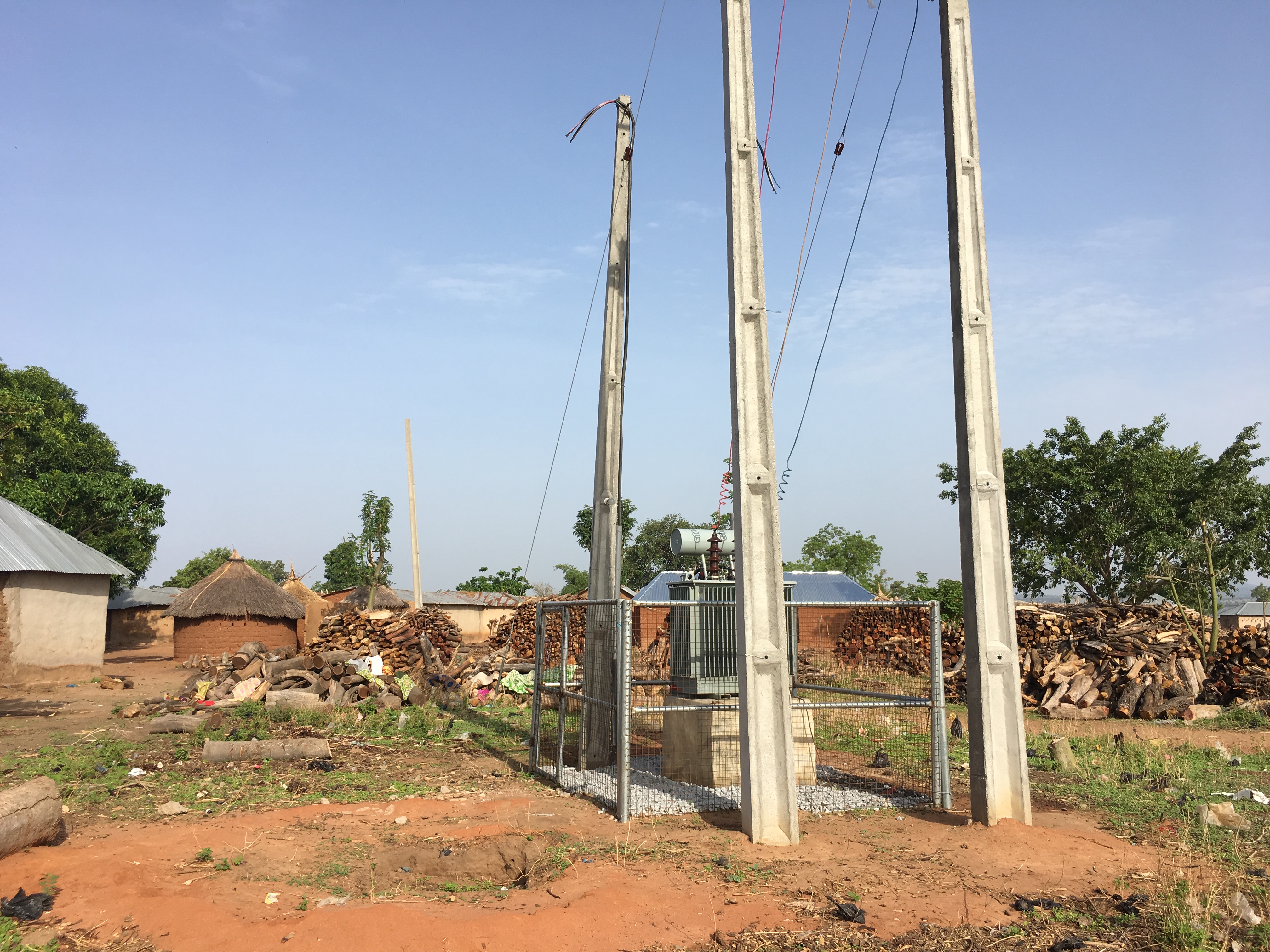
Za mu gan haske? “We are going to see light?!” a crowd of children, who have lived most of their lives in a power blackout, wanted to be sure if the transformer newly installed in their community is not a Deja Vu.
The reason for this doubt is very profound. These are kids born in a rural settlement that has existed in darkness for three decades.

Kawu, a remote community in Niger state, Nigeria, is 20-kilometres (approximately 15-minute drive) away from Lapai, the host town of Ibrahim Badamasi Babangida University. The rural province is inhabited by some 2,500 people whose major means of livelihood is farming and agriculture.
Niger: A state with two hydroelectric power stations (without stable power)
The story of Kawu is hardly believable, but is the reality of a people living in Nigeria’s largest state, a factor to which many ascribe the fate of the neglected community. “Some parts of the state get little attention from the government because the state is just too big. I don’t think the government can solve all our problems across the board. If at all that will be possible, I think it will take a long time,” said a local transporter in Lapai.
Meanwhile, Kawu, in other perceptions, only mirrors the failing state of governance in Nigeria, both at national and subnational levels. Niger State is named after the famous River Niger, the principal river of West Africa and the third-longest in Africa. “Nigeria’s two major hydroelectric power stations [Kainji Dam and Shiroro Dam] are here in Niger state. Any excuse for why we, of all people in Nigeria, cannot have stable power supply in every nook and cranny of this state is an affirmation of government failure,” Muhammed Yerima speaks frantically as he leads us to Kawu community.
Kawu: A life without electricity
It is easy to imagine a life in Kawu, but no one with an understanding of the importance of electricity in human life will ever go for it. In 2018, when Tracka first set feet in Kawu, we discovered the story of one of the most resilient communities in Nigeria.

Aminah, a mother of three, narrated a personal account to our Project Tracking Officer, Moses Motoni, in Hausa: “Although we are used to it, we are not unaware of the development going on around the world. It is sad that we are abandoned in what is supposed to be our past. When I was a kid some decades ago, playing late in the dark night was fun. But today, everything has changed. Each time I go to Lapai (a neighbouring town) with my children, I end up in a battle with them over their reluctance to return home. What can I do? We just have to return back to our dark world.”
The frustration comes bolder if you speak directly to ‘youngsters’ who are getting pressed by the urge to live the city life. “For how long are we going to live this way? We make efforts to use generators but that can only be occasional. I’m currently struggling to feed myself and old parents. How can I even allow the little I make from farming to be swallowed by fuel consumption? It is the government’s responsibility to provide electricity. When are they going to fulfil their promise?” Adam, a young chap, vents.
Tracka intervention
These are stories that triggered Tracka into action since 2018. In October, the same year, a town hall meeting was organized to sensitize members of the community on the importance of civic engagement. This is much needed as the vast majority of Nigerians have no idea about budget provisions, and lack the opportunity to be part of preparation processes. If this is the case with the elite in urban areas, you can only continue to wonder what the fate of locals in neglected remote communities is.
At the end of the meeting, the community head, Mallam Ibrahim Magaji, pleaded to Tracka to help reach out to the government. “We are already tired of their failed promises,” he said. That exactly is what Tracka did by sending letters to concerned authorities after viral online advocacy.

Let there be light
The advocacy would pay off when “Electrification of Kawu Community with I NO 300 KVA /33KV/0.45-VOLT Sub-station in Lapai LGA, Niger State” appeared as a first-time project in the national budget. This means two things. First, every promise by successive local and state governments including federal representatives has been decades of deceit and disappointment. Second, more social advocacy is needed in Nigeria to deliver the dividends of democracy to the people.

Be that as it may, that a project is captured in Nigeria’s budget is never an assurance of execution. Thousands of government projects are abandoned. Funds are most times diverted and unaccounted for. So how do we ensure that the much-anticipated electrification project sees the light of the day? Tracka intensified advocacy by keeping tabs on every hand involved in the project.
Three decades are way too long to live without electricity. Thankfully, it’s now a matter of days that those kids and mothers will start seeing another light aside from the moon. “It feels like a dream that we will now spend our nights, every household powered by electricity. I still can’t believe it,” Aminah gave a statement of hope. “In fact, I’m already planning a small business. Our men like to stay up late at night after a long day at the farm. I will maximize that opportunity to start a night shop,” she added.
“The work remaining is the connection of every household to the transformer. We are not done until that’s fixed. Thank you and all Nigerians for your concern and support,” Tracka said on Twitter on the last visit to felicitate with the people over the power installation and further engage them on other pressing needs.
Yet, Kawu needs more

Indeed a good starting point, but electrification is not the end of Kawu’s plenty needs. “Please, we still need your help on the school right there,” Magaji proposed, pointing at Kawu’s only primary school where school kids can only learn on the floor. The only room with chairs and a door is the headmaster’s office. Also, famine is striking harder, threatening the community’s major source of livelihood – agriculture. “If you can also help us by bringing the government to repair our dam, we will be so grateful” Magaji submitted.
The government has a lot more to do for this community among which is health facility.
***
Story by Shakir Akorede, BudgIT Communications Associate

